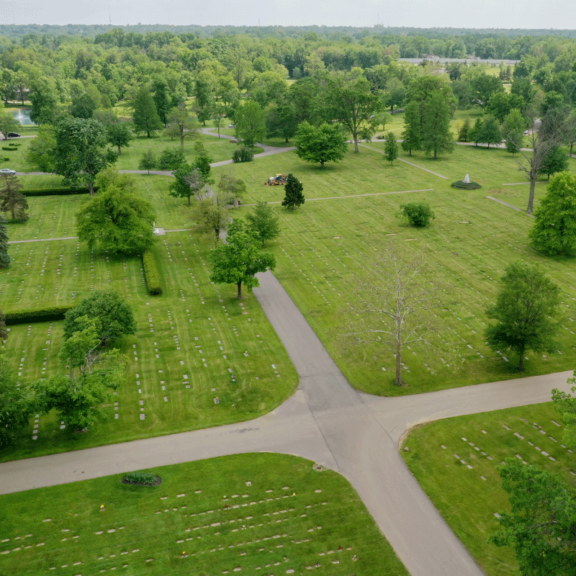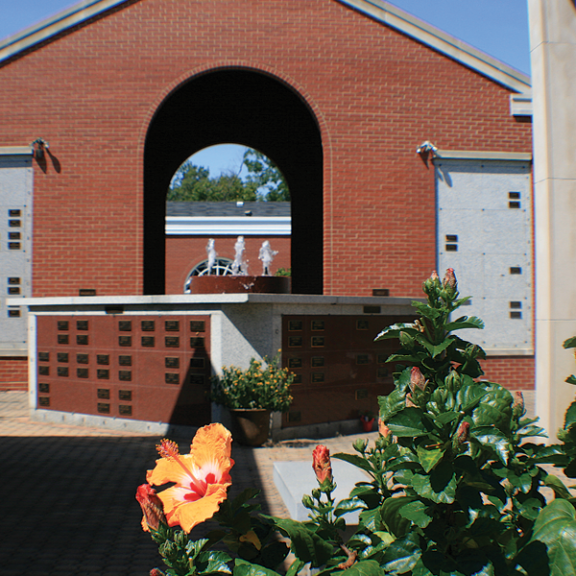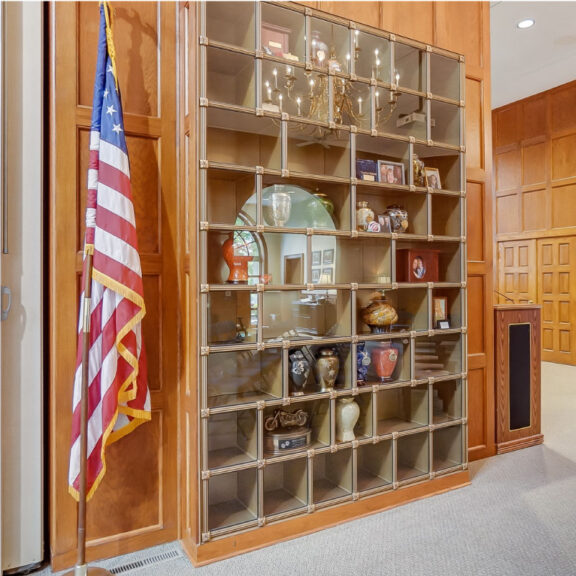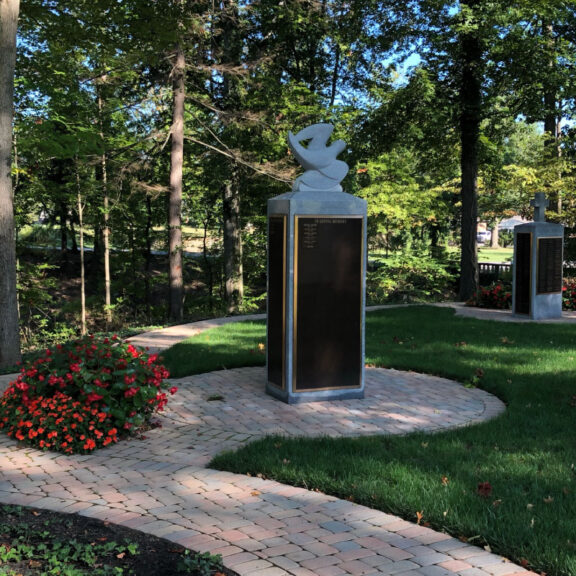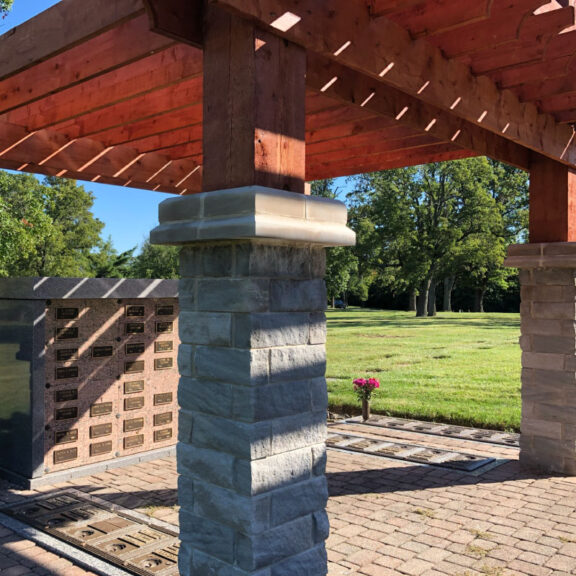Why Permanent Memorialization is Important
When we lose someone we love, our feeling of connection to them continues, even though they are no longer with us physically. It is a connection that contributes to our feelings of loss, making it challenging to process death and move toward healing and reconciliation. And, with both traditional burial and cremation, a very important element of this healing process – that is sometimes being forgotten – is the need for a permanent memorial.
In some areas of the United States, there has been a significant increase in the number of families that keep the cremated remains of a loved one in their homes. While this is not a bad way to honor your loved one by any means, it may create unforeseen difficulties down the road. Unfortunately, it is not unheard of for cremated remains to be misplaced, accidentally knocked over and spilled, or even found in the trash or other unknown locations.
Reasons to Consider a Permanent Memorial
A place for people to mourn
By establishing a permanent memorial, you provide a place to mourn. If a loved one dies and one person keeps the cremated remains – or visits a cemetery without a memorial marker to identify the location of the loved one – it may be difficult for other family members to find a place to go to remember and honor their lost loved one. A permanent memorial allows any person access to the one who has died.
provides a permanent place that will exist for generations to come
Cemeteries, mausoleums, or cremation gardens will exist for many years to come. People show great interest in their origins, and because of this curiosity, cemeteries receive visitors consistently. They provide a permanent place for families to reconnect with their ancestors, even those who died long before they are born.
Its Practical for the Family
A Permanent memorial is a practical choice for the family, instead of passing along urns to the next generation, families can rest easy knowing cremated remains are in a safe place being taken care of.
Lisa’s Story
Lisa McClain of The Arlington Memorial Garden talks honestly about her family’s decision to provide a permanent memorial for her mom’s cremated remains.


